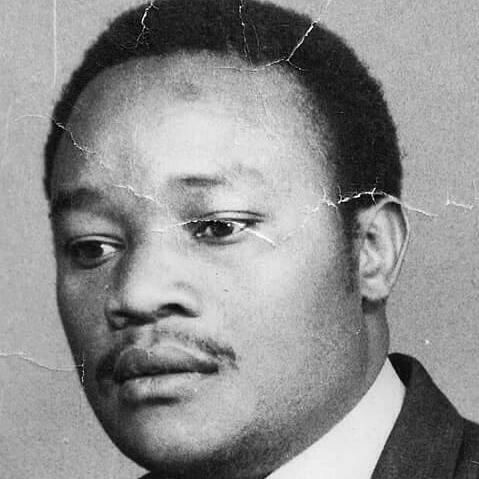The Legacy of Chief Kalembwe
Oswell Mwenya Chongo, was born into a family whose legacy runs deep through the soils of Chienge, in the Luapula Province in Zambia.A land known not only for its natural beauty but also for its rich traditions and revered leadership. He was the fourth born of five children, three sons and two daughters.Oswell was the youngest son of the three.
Oswell was born into a matrilineal lineage—an ancient and respected system where heritage, identity, and leadership are passed down through the mother’s line. This tradition carried with it the weight and honor of a noble bloodline. His mother, Milika Nachebo, was herself a chieftainess—served as chief Mukunta, a powerful and respected figure in her community. As one of her five children, Oswell inherited not just a name but the strength, wisdom, and responsibility that came with being part of a royal lineage.
The chieftainship that ran through his veins was more than a title. It was a calling—a reminder of the values, customs, and ancestral duty that shaped his identity. Raised under the guidance of a mother as well as his siblings who ruled with grace and purpose, Oswell carried within him the spirit of his people, the knowledge of tradition, and a deep-rooted connection to the land and its stories.

From Scholar to Chief: The Journey of Oswell Mwenya Chongo
Though born into a royal lineage, Oswell’s, journey was one of education, ambition, and eventual return to his ancestral calling.
He began his educational path in the local primary and secondary schools of Luapula Province, distinguishing himself through diligence and determination. His drive for knowledge and self-improvement led him to pursue higher education in accounting, a field requiring both precision and integrity. It was during these formative college years that he met the woman who would become his lifelong partner, Rhodna Mpundu.Their union was one built on mutual respect and shared dreams, and together they began a family, raising us children with a deep sense of love, discipline, and cultural pride.
As an accountant, my father was known for his unwavering work ethic and commitment to excellence. He served in his professional life with the same diligence and dignity that would later define his leadership as a chief. But even while immersed in his career and family life, the legacy of his lineage was close, an invisible crown resting just beyond reach.
That crown would eventually become real. Years after his retirement and following the passing of his elder brother Benjamin Kafula in 1991,and also his second older brother Annania Kabungo, who had served as Chief Kalembwe. The ancestral path once again called as the next in line by matrilineal right, Oswell ascended to the throne, becoming Chief Kalembwe III. He returned not just to the land of his birth, but to the role his heritage had long prepared him for—a custodian of tradition, a voice for his people, and a living link to a legacy that spanned generations.Not forgetting to mention his two sisters, his immediate older sister Albertina Kalembwe, served as chieftainess Mukunta, after her passing then his young sister Mercy Mwanto, served as chieftainess Mukunta.
His life stands as a testament to balance: between modern education and ancient tradition, between personal ambition and communal duty. Oswell Mwenya Chongo was not only a man of numbers and ledgers, but a man of culture and legacy. His story is not just his own, but ours—woven into the history of the Chienge area and the spirit of Luapula Province in Zambia.

